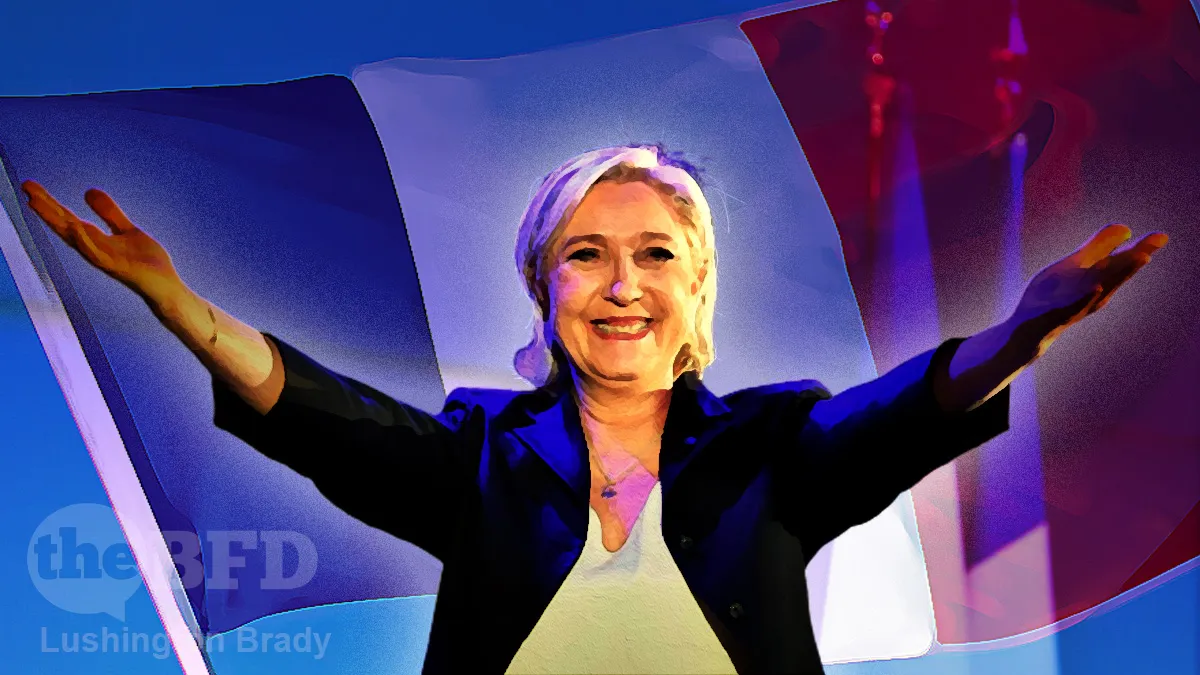Table of Contents
It’s been interesting watching the French elections in the last few months. The media celebrated when Emmanuel Macron won but failed to mention that the gap between him and Marine Le Pen had shortened and then panicked when Le Pen’s National Rally made huge gains in the National Assembly. They also failed to point out that the centre-left En Marche also lost votes to a populist left party. But more on that later.
This is a trend we are seeing across Europe. In Italy the right-wing populist Northern League led by Matteo Salvini made an alliance with the populist left Five Star Movement. In Spain, the populist right People’s party won a majority in the local elections. In Hungary, Poland and Bulgaria, Eurosceptic politicians such as Victor Orban won the presidential elections.
In Germany, we have seen the rise of Alternative for Germany which has lost seats in the federal parliament and gained seats in the European parliament. In the Netherlands, we have the Party for Freedom holding a significant place as the third biggest party in Parliament.
In England, we have seen a political realignment with the Tories winning traditional working class, Labour voting boroughs, particularly in the North. Political scientist Matthew Goodwin has claimed that their votes could be bolstered if they shifted left economically but stayed right socially.
The academic class had two theories for this. One was ‘cultural backlash’ which argued it was white old males who were reacting to the cultural changes. Gallup polls do show changes in attitudes when it comes to recognition of racial and gender rights. Their evidence is based on the demographics of the people who voted for Brexit and Trump. The data showed that the voters were predominantly white, working-class and rural males who had no university education. This looks to be disproven by the rise of youth movements in Europe. These movements were formed by European youth such as Generation Identity who support youth who have lost their sense of what it means to be French, German, Spanish etc. These groups encourage them to rediscover their European identity whether it is the Norse identity or the Christian identity.
Multiculturalism and mass immigration have caused an identity crisis for ethnic Europeans. This was further evidenced by the fact that Generation Z is voting more and more for conservative, patriotic and populist parties. In fact, it was estimated 35% of Generation Z in France voted for Le Pen.
The second argument is that one of the challengers who gained support was Jewish French radio host Eric Zemmour, who made a stand against mass immigration and taking back the French Republic. It’s also possible that this is because of a mini clash of civilisations going on in Europe with migrants who refuse to be integrated.
Sweden is now known as the rape capital of Europe. As the migrant population has increased, the rape rate has quadrupled. Ukrainian refugees are now refusing to be resettled in Sweden, opting to go back to Ukraine. Possibly because of the number of cases of attempted sexual assaults on Ukrainian women.
In Germany, 1,200 women were sexually assaulted in Cologne on New Year’s Eve 2014 by men described as having “Middle Eastern features and speaking a language that resembled Arabic”.
In France, gangs of North African youths rushed into the stadium and robbed fans going to a football game. You don’t know about this because the CCTV footage was mysteriously deleted. The Belgian bombers and the Paris attackers were let into Europe as asylum seekers.
The second theory, which does make sense, is the ‘economic instability’ thesis which argues that economic globalisation and foreign labour have led to economic disenfranchisement of the working and rural classes. This is backed by quite a lot of data. For Brexit, it was due to a decline in confidence in the European Union. After the Euro crisis confidence in the European Union fell across the political spectrum. Also, much EU law has been rejected. A major example of this was the fishing restrictions, which seriously affected the British fishing industry.
In Eastern Europe, there is a cultural backlash. The elections of anti-EU presidents in Poland, Hungary and Serbia point to a rejection of what the EU stands for. The EU seems to think that multiculturalism and diversity are more important than nationhood and sovereignty. However, Eastern Europe has a proud tradition of defending its national identities. Its countries have a healthy sense of patriotism, one that fought off both the Nazis and the USSR.
What we are seeing here is something called neofeudalism. The countries of Europe have realised that the values of multiculturalism and diversity are not working and that they will not sacrifice their identity for the European experiment. The people of Europe would prefer to keep their national identities rather than adopt the collective identity of the EU. The European nations will continue to interact with each other but as nations rather than entities.







